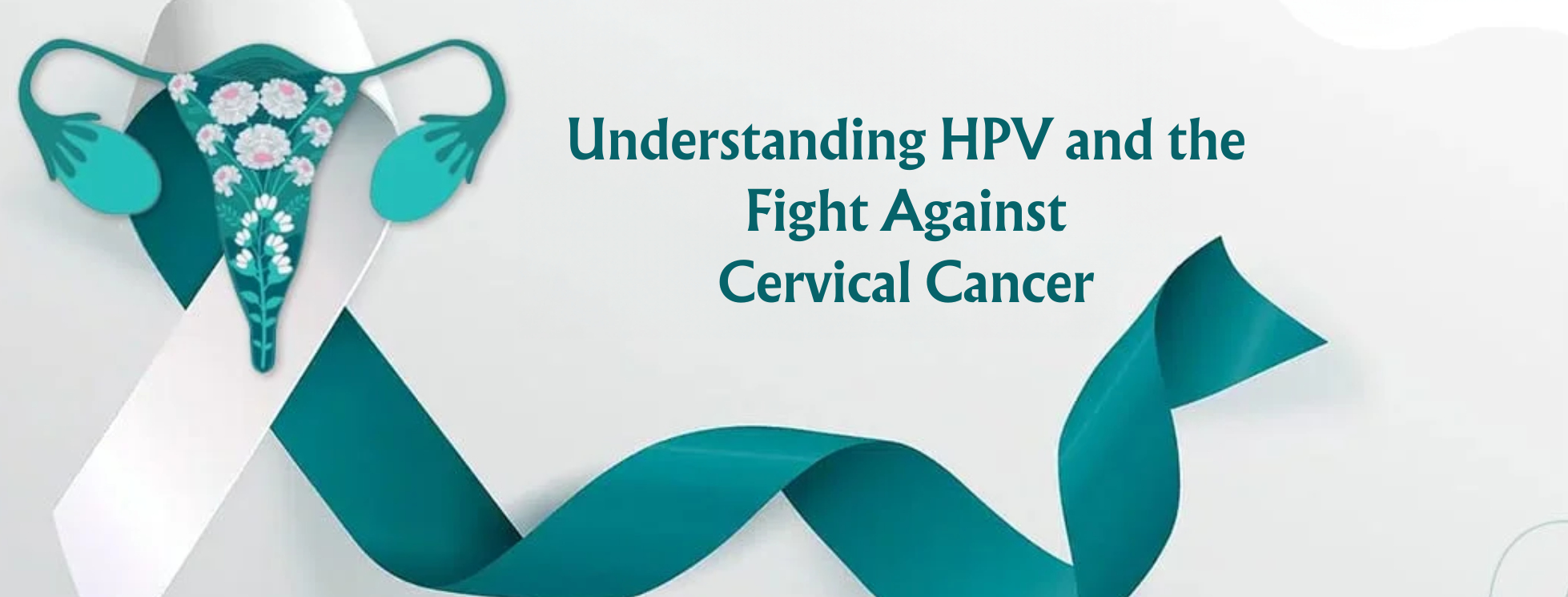HPV Types and Cervical Cancer: Unveiling the Threat
Understanding the Different HPV Strains
While there are over 100 types of human papillomavirus (HPV), not all pose a threat. The low-risk types are responsible for common skin warts, but the high-risk types warrant more caution. These high-risk strains, like HPV 16 and 18, are linked to a greater risk of developing certain cancers, like anal cancer, penile cancer, vulvar cancer, vaginal cancer, and oropharyngeal cancer, including cervical cancer. Understanding the different types of HPV and their associated risks is crucial for making informed decisions about your health.
High-Risk HPV: The Culprit Behind Cervical Cancer
The persistence of certain high-risk strains of Human Papillomavirus (HPV) can trigger concerning changes in the cells of the cervix. If left undetected and unaddressed, these abnormal cell growths have the potential to evolve into cervical cancer. Recognizing this crucial link between HPV and cervical cancer is key to empowering women to actively participate in preventive measures. Early detection and intervention are crucial in managing HPV and preventing the development of cancer.
Cervical Cancer Prevention: Proactive Measures for a Healthy Future
Early Detection: The Key to Timely Intervention
Early detection is paramount in the fight against cervical cancer. Regular screening with Pap smears and HPV DNA testing plays a vital role in identifying precancerous changes at an early stage, allowing for prompt intervention and preventing the cancer from developing altogether. This proactive approach also significantly improves prognosis and treatment outcomes if cancer is detected empowering women to take charge of their health and well-being.
Pap Smears and HPV Screenings: Your Lifesavers
Pap smears and HPV screenings tackle cervical cancer differently: Paps check cell abnormalities, while HPV tests for specific cancer-linked strains. Your ideal screening schedule depends on your age and health. Talk to your doctor to craft the best strategy for you!
Vaccination: The Ultimate Shield Against HPV
The HPV vaccine stands as a powerful shield against cervical cancer. Ideally administered before sexual activity, it equips your body with long-lasting immunity against the high-risk HPV strains responsible for most cervical cancers. Extensive research has documented a dramatic decrease in cervical cancer rates among vaccinated individuals, offering compelling evidence for its effectiveness in preventing this potentially devastating disease.
The Power of the HPV Vaccine: Protecting Your Health
Different Vaccine Options: Understanding Their Scope
Fortify your cervical health with HPV vaccination! While options abound, Cervarix shields against HPV 16 and 18, major cervical cancer culprits. Gardasil offers wider protection, encompassing types 6, 11 (causing genital warts), and 16, 18. Talking to your doctor ensures you receive the most effective vaccine tailored to your age and unique needs. Remember, vaccination empowers you to take charge of your health!
Additionally, Gardasi-9 protects against HPV 31, 33, 45, 52, and 58, linked to vulvar and vaginal cancers. This wider coverage empowers individuals with a more comprehensive defense against various HPV-related health threats.
Choosing the Right Vaccine: Consulting Your Doctor is Key
The optimal choice for you hinges on several individual factors. Age, sexual history, and any specific risk factors you may have all play a role. To ensure you receive the most appropriate and effective vaccine for your unique situation, consulting your doctor is crucial. They can weigh your individual circumstances and guide you towards the best defense against HPV and its related health concerns.
Embracing Vaccination for a Healthier Future: Empowering Your Choices
Making Informed Decisions: Understanding the Benefits
The HPV vaccine offers numerous benefits, including:
- Significantly reducing the risk of cervical cancer, precancerous lesions, and genital warts.
- Protecting against other HPV-related cancers like vulvar and vaginal cancers.
- Providing long-term immunity, promoting lifelong health benefits.
Understanding these benefits empowers you to make informed decisions about your health.
Prioritizing Your Health: Vaccination as a Powerful Tool
The HPV vaccine isn’t just a recommendation, it’s a powerful shield against preventable cancers. Endorsed by the World Health Organization, this safe and effective tool empowers individuals to significantly reduce their risk of cervical cancer, along with other HPV-related cancers. By choosing vaccination, you’re not just safeguarding your own health, but contributing to a future free from these preventable diseases.
At Vydehi Cancer Center, we are committed to promoting comprehensive women’s healthcare. We offer HPV vaccination, alongside regular screening and diagnostic services, to ensure early detection and effective treatment of cervical cancer.
Schedule a consultation with our expert team today to learn more about HPV, cervical cancer prevention, and how Vydehi Cancer Center can support your journey towards a healthier future.
Frequently Asked Questions
- What is the right age for a cervical cancer vaccine?
Ans: Beat cervical cancer: Get the HPV vaccine at 11-12 (start at 9!) up to 45 years. This shot protects against HPV types linked to the disease, even if you missed it earlier.
- What is the major cause (90%) of cervical cancer?
Ans: Over 90% of cervical cancers stem from HPV. That’s nearly 9,000 of the 10,000 diagnosed each year. The HPV vaccine offers powerful protection against these cancer-causing types. Talk to your doctor about HPV vaccination for cervical cancer prevention.
- What is the HPV vaccine for?
Ans: The HPV vaccine shields you from genital warts and most cervical cancers, but also protects against HPV-linked cancers of the vagina, vulva, penis, anus, mouth, throat, and head & neck. This powerful shot empowers you to prevent various cancers, not just one.

